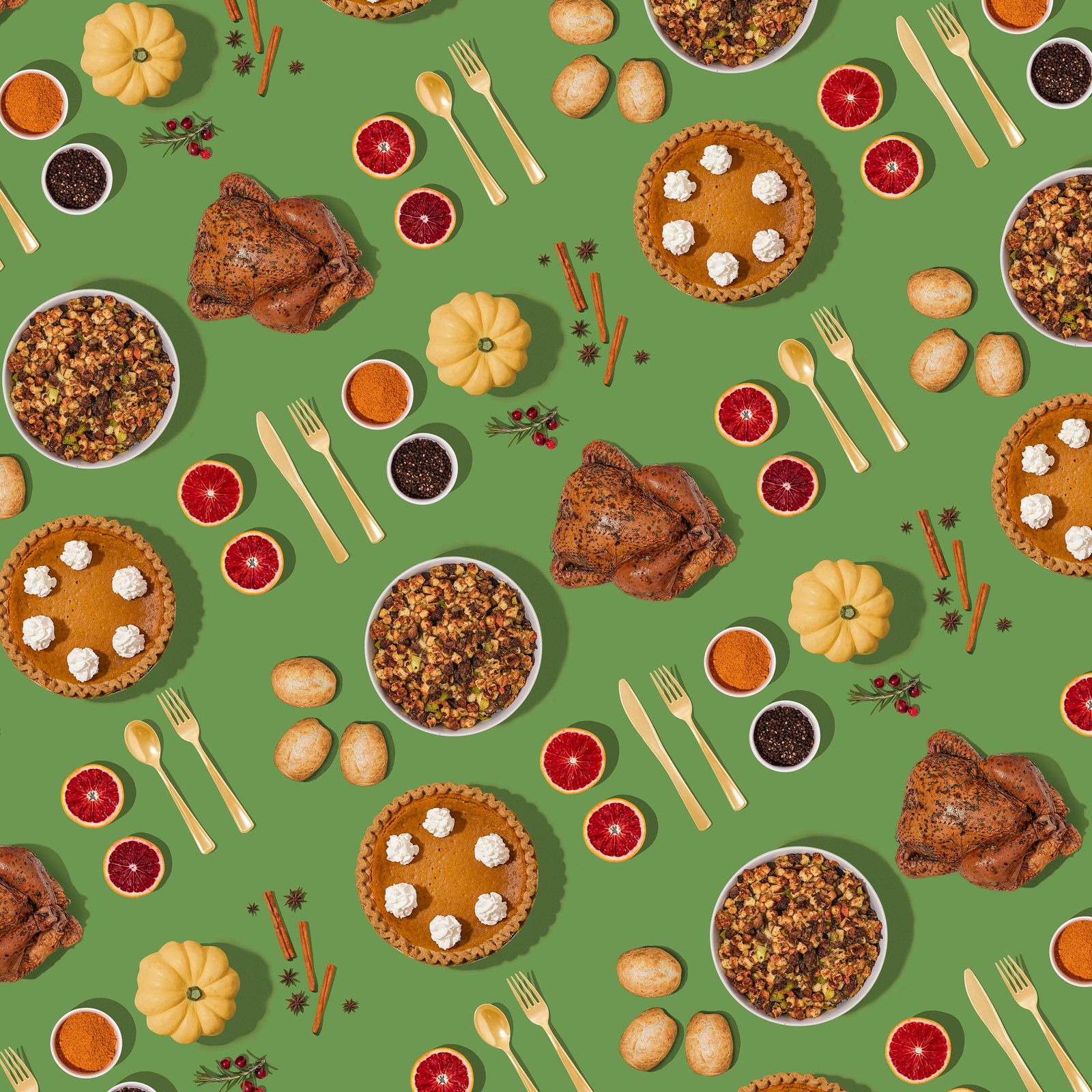OHF Weekly - The Problem with Thanksgiving
|
Older messages
OHF Magazine, Issue No. 3: The Many Lives of Toni Morrison
Tuesday, October 18, 2022
Celebrating Pulitzer Prize winner and Nobel Prize laureate Toni Morrison and all Black women with a mix of compelling writing and beautiful imagery. OHF WEEKLY OHF Magazine, Issue No. 3: The Many Lives
Change of Address
Friday, October 7, 2022
VOLUME 4 NUMBR 41: We're moving! OHF WEEKLY Change of Address By The OHF Weekly Editors – 07 Oct 2022 – View online → Photo by Tierra Mallorca on Unsplash 💛 Hey Reader, Effective Friday, October 14
We’re Moving
Friday, October 7, 2022
Effective Friday, October 7, Our Human Family will be returning to Medium. Technically, the original Our Human Family publication never left and still contains a wide range of excellent essays. We
After the Storm
Thursday, September 29, 2022
VOLUME 4 NUMBER 40: Now the hard part begins, rebuilding. OHF WEEKLY The Aftermath By Clay Rivers – 29 Sep 2022 – View online → Letter from the Editor 💛 Hey Reader, Florida has been ravaged by
Why Do We Show Up to Vote?
Friday, September 23, 2022
VOLUME 4 NUMBER 39: Sherry Kappel on why we show up to vote; Michael Greiner on two separate strategies politicians and the superrich know that you should know, too; and a quote by Coretta Scott King
You Might Also Like
Mastering Circumstance
Tuesday, March 11, 2025
“If a man does not master his circumstances then he is bound to be mastered by them.” ͏ ͏ ͏ ͏ ͏ ͏ ͏ ͏ ͏ ͏ ͏ ͏ ͏ ͏ ͏ ͏ ͏ ͏ ͏ ͏ ͏ ͏ ͏ ͏ ͏ ͏ ͏ ͏ ͏ ͏ ͏ ͏ ͏ ͏ ͏ ͏ ͏ ͏ ͏ ͏ ͏ ͏ ͏ ͏ ͏ ͏ ͏ ͏ ͏ ͏ ͏ ͏ ͏ ͏ ͏ ͏ ͏ ͏
Don't Fall for This Parking Fee Scam Text 🚨
Tuesday, March 11, 2025
How I Use the 'One in, One Out' Method for My Finances. You're not facing any fines. Not displaying correctly? View this newsletter online. TODAY'S FEATURED STORY Don't Fall for the
Ollie Ollie Oxen Cheap
Tuesday, March 11, 2025
One of the last true "closeout" stores is a fun place to look closely ͏ ͏ ͏ ͏ ͏ ͏ ͏ ͏ ͏ ͏ ͏ ͏ ͏ ͏ ͏ ͏ ͏ ͏ ͏ ͏ ͏ ͏ ͏ ͏ ͏ ͏ ͏ ͏ ͏ ͏ ͏ ͏ ͏ ͏ ͏ ͏ ͏ ͏ ͏ ͏ ͏ ͏ ͏ ͏ ͏ ͏ ͏ ͏ ͏ ͏ ͏ ͏ ͏ ͏ ͏ ͏ ͏ ͏ ͏ ͏ ͏
“Olympus” by Matthew Olzmann
Tuesday, March 11, 2025
I was a cobbler in the house of the Gods. ͏ ͏ ͏ ͏ ͏ ͏ ͏ ͏ ͏ ͏ ͏ ͏ ͏ ͏ ͏ ͏ ͏ ͏ ͏ ͏ ͏ ͏ ͏ ͏ ͏ ͏ ͏ ͏ ͏ ͏ ͏ ͏ ͏ ͏ ͏ ͏ ͏ ͏ ͏ ͏
Harry has us blushing
Tuesday, March 11, 2025
— Check out what we Skimm'd for you today March 11, 2025 Subscribe Read in browser Header Image But first: Join the waitlist for a new premium Skimm experience Update location or View forecast
Fancy Flats Are Spring's #1 Shoe Trend & We're Obsessed
Tuesday, March 11, 2025
Give your heels a break. The Zoe Report Daily The Zoe Report 3.10.2025 There is so much to celebrate this week — and month, for that matter. There's Paris Fashion Week, which is well underway and
Dads, You Can Get in the Best Shape of Your Life With This Workout Program
Monday, March 10, 2025
View in Browser Men's Health SHOP MVP EXCLUSIVES SUBSCRIBE Dads, You Can Get in the Best Shape of Your Life With This Workout Program Dads, You Can Get in the Best Shape of Your Life With This
Meghann Fahy’s Master Plan
Monday, March 10, 2025
Today in style, self, culture, and power. The Cut March 10, 2025 CUT COVERS Meghann Fahy's Master Plan After breaking out on TV, Fahy stars in a big-screen thriller this April. She won't
EmRata Flaunted Pelvic Bone Cleavage, Aka "Pelvage," In The Tiniest Skirt
Monday, March 10, 2025
Plus, your love life this week, your daily horoscope, and more. Mar. 10, 2025 Bustle Daily Chet Hanks EXCLUSIVE Chet Hanks Has The Last Laugh It's easy to make assumptions about Chet Hanks, namely
The 20 best cookbooks of spring
Monday, March 10, 2025
NYC steakhouse sues Texas over attempted “Texts Strip” rebranding.
